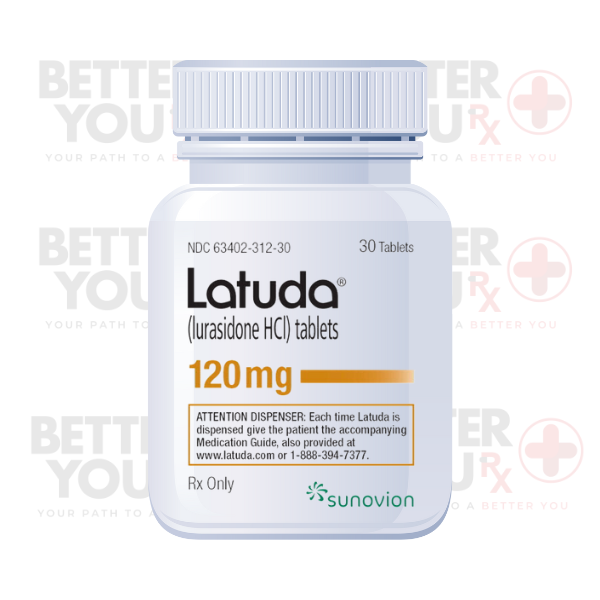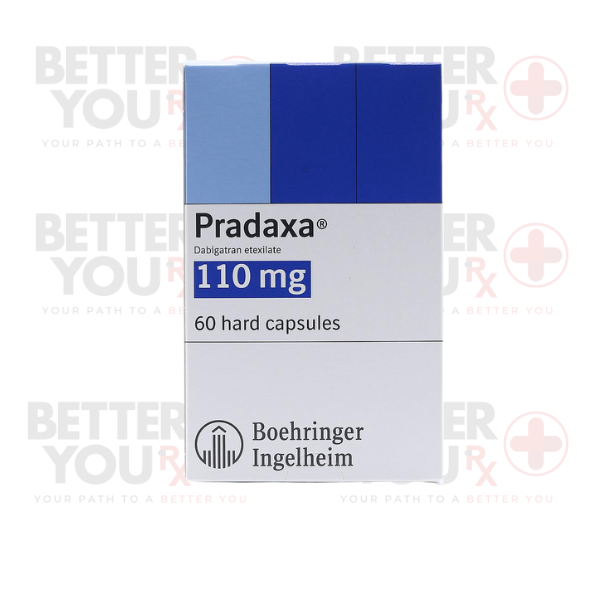Description
Valtrex, the brand name for Valacyclovir, is a widely used antiviral medication. It belongs to a class of drugs known as nucleoside analogs and is primarily prescribed for the treatment of herpes infections, including genital herpes, cold sores, and shingles (herpes zoster). Valacyclovir is an oral prodrug of acyclovir, a potent antiviral agent. Once inside the body, it is converted into acyclovir, which inhibits the replication of the herpes virus, thereby reducing the severity and duration of outbreaks.









